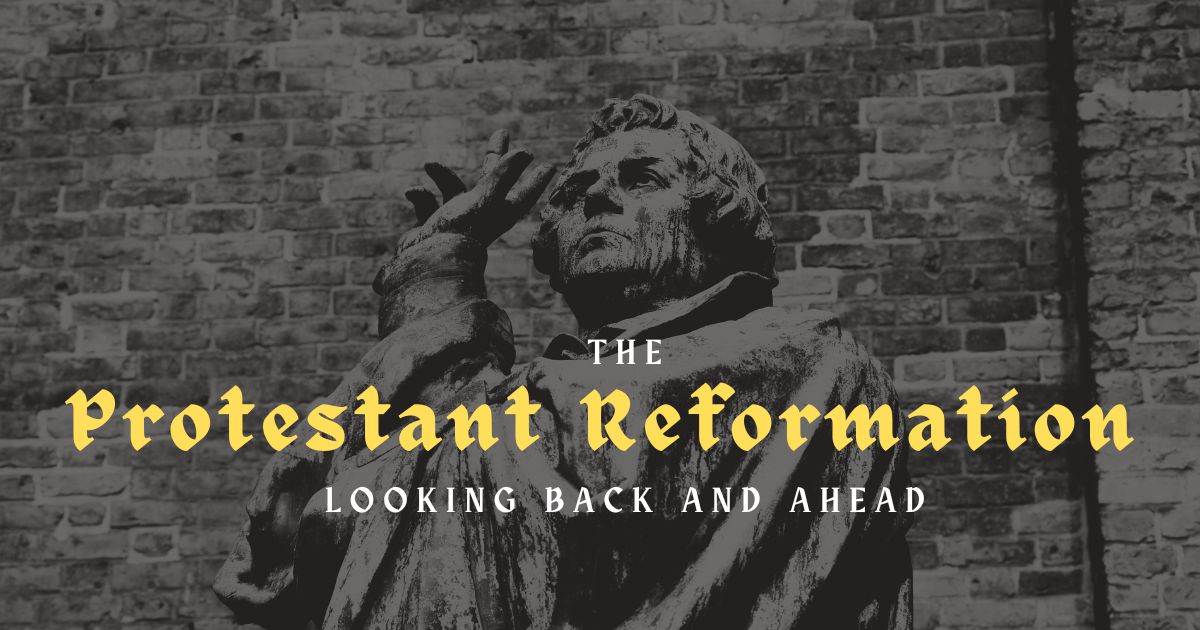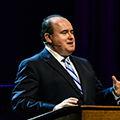In the first installment of this series of articles, I briefly explained that the Protestant Reformation—more commonly just “the Reformation”—consisted of an effort in 16th century Europe to reform the unbiblical teachings of the Roman Catholic Church regarding how a person was able to receive forgiveness of sin from God. The Roman Catholic Church demanded good works, money, and penance in order to secure God’s grace, while the reformers taught that “by grace you have been saved through faith. And this is not your own doing; it is the gift of God, not a result of works, so that no one could boast” (Ephesians 2:8-9).
But who were the main players in the Reformation? The Reformation fire was sparked when Martin Luther nailed his Ninety-Five Theses to the church door in Wittenberg, but his intention was to open dialog, not start a movement. Copies of the work were made and began to be distributed all over Europe. I’m sure Luther was as surprised as the Roman Catholic Church at the firestorm that was set off. But while Luther’s actions lit the bonfire, he was not alone in preparing the world for this Reformation. I will highlight two of my favorites, John Wycliffe and John Calvin.
During the Medieval period in Europe, the pulpits of Roman Catholic Churches were filled with men who told stories, myths, and traditions, and who rarely used any Bible references. It was rightly called “The Dark Ages.” 150 years before Martin Luther, John Wycliffe was a major theologian in England. He possessed a brilliant mind and a courageous heart. He studied and taught at Oxford University for 40 years, largely responsible for the reputation Oxford retains even today.
Wycliffe began to speak out openly against abuses in the Roman Catholic Church and against the authority of the Pope. He taught strongly that the Bible was the only authority for doctrine and could not be added to by the church. He also powerfully attacked the Roman Catholic teaching of transubstantiation, the belief that the bread and the wine used in the Lord’s Supper (communion or eucharist) miraculously changed into the actual body and blood of Christ. Though he wrote a great deal on many topics of theology, his greatest project was the first-ever translation of the Bible into the English language. Although it was a rough translation that would need improvement in years to come, this destroyed the Roman Catholic stranglehold as the supposed sole protectors of God’s Truth. As English pastors began preaching the Bible in the language of the people instead of Latin, which few understood, many began coming to saving faith in Christ. John Wycliffe has been nicknamed “The morning star of the Reformation” as he helped pave the way for the greater movement that would take place after his death.
In the next installment, I will tell you about arguably the greatest of all heroes of the Protestant Reformation, John Calvin.

